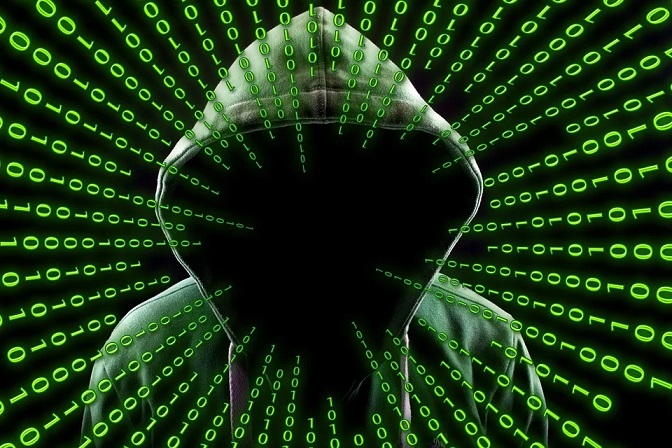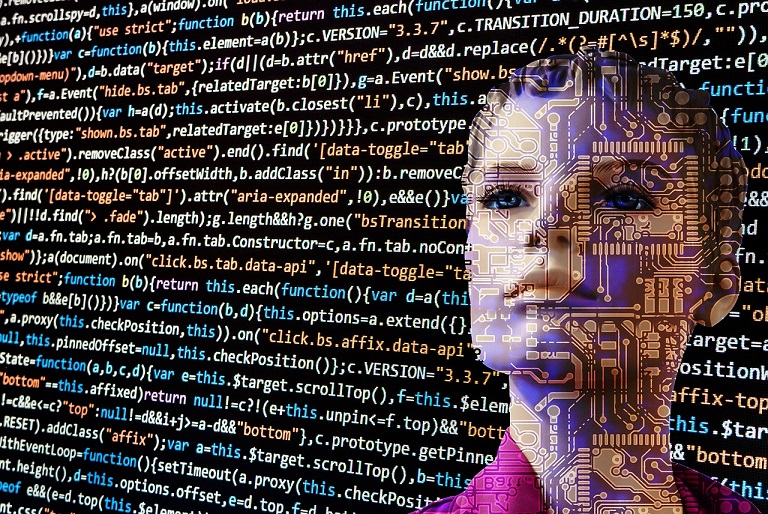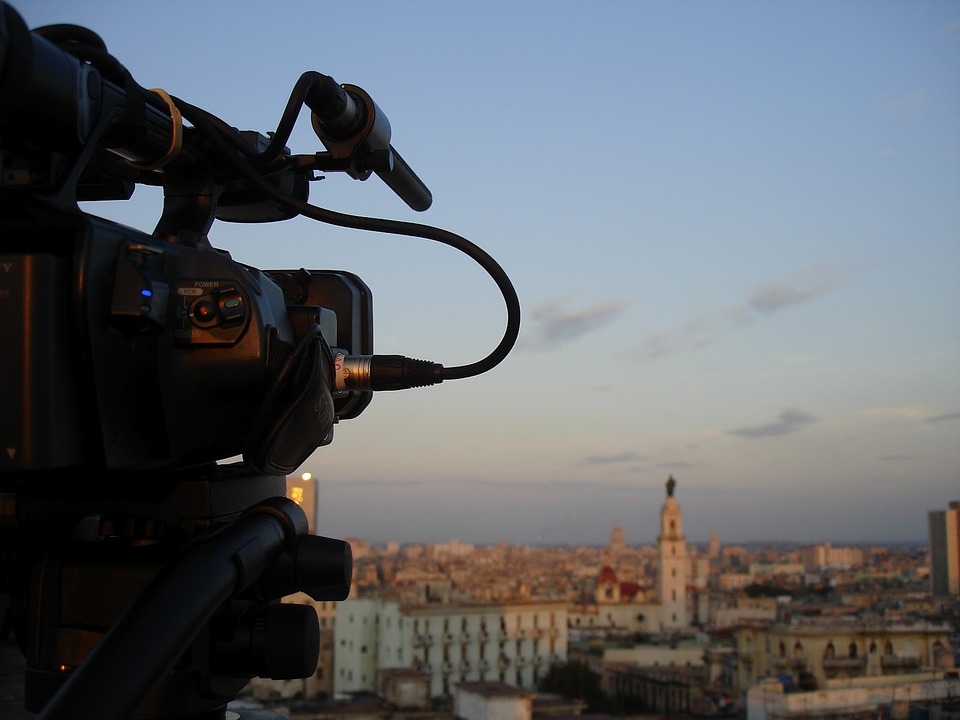Its existence is necessary, as are more media like this. Its influence on contemporary society transcends the diplomatic world and challenges the planet’s leading political and economic powers.
 Fidel Narváez
Fidel Narváez
The world of diplomacy, understood as the science which studies and practices amicable and official relations between Governments of independent states, based on intelligence and tact (a practice which requires a certain degree of discretion), had never before experienced at a global level, an earthquake of the magnitude of Wikileaks.
There are those who think that Wikileaks implies a “before” and “after” for the system of global diplomacy, at a time when citizens are increasingly empowered by the internet and digital access to information and above all, demand greater participation in the way the world is governed.
The debate over the legitimacy and the relevance of Wikileaks is global.
An academic school of thought believes that the diplomats of the future will act with greater secrecy and the only positive outcome of the Wikileaks for diplomacy would be that, in a sense, this profession will have been “demystified”. Perceived by many as an activity in which glamour and social meetings prevail, diplomacy is in reality an activity which requires preparation and technical know-how, as well as a demanding administrative routine.
The influence that Wikileaks is having on contemporary society, as well as the “consequences” which it is generating, transcend the diplomatic world as the revelations have been about governments and their actions, more than diplomacy itself. So Wikileaks challenges the transparency of the planet’s leading political and economic powers besides being a lesson for the mass media, if we consider that just one organisation of activists has succeeded in publishing more “classified” documents than all the mass communication media worldwide put together.
The Wikileaks debate then belongs in the political realm in which positions are more categorical and radical.
The government of the United States, for example, views the actions of Wikileaks as illegal because their strategies have been exposed publicly as never before,revealing abuses of power being committed at all levels.
Their main arguments are that every State has a “right” to manage secret information and that the publication of sensitive information could carry risks to informants and involved parties.
But the truth is that Wikileaks has enormous support from civil organised society, from truly independent journalism and that non-conformist class which believes in the rights of the people to know about any action which is undertaken in their name, and considers Wikileaks one of the best contributions towards a more transparent world.
 Wikileaks represents a new class of communicators, combining activism with investigative journalism and with more than one government or economic power having been stripped bare and turned upside down, they transmit an implicit message in their revelations: “Whoever might be involved in an immoral and unjust practice will be revealed and will have to face the consequences.”
Wikileaks represents a new class of communicators, combining activism with investigative journalism and with more than one government or economic power having been stripped bare and turned upside down, they transmit an implicit message in their revelations: “Whoever might be involved in an immoral and unjust practice will be revealed and will have to face the consequences.”
Demystification
If Wikileaks seemingly demystified the profession of the diplomats, the traditional diplomacy would do well to analyse a series of myths which have been created about Wikileaks.
Their categorisation as “cyber pirates who hack secret information” is inappropriate. If one of the fundamental roles of journalism is to make public governments’ actions, however much this may cause discomfort, Wikileaks has done it with courage.
Its journalistic activity and contribution to the defence of human rights is recognised by press organisations at international level, as well as by prestigious institutions like Amnesty International, the Sydney Peace Foundation, the magazine The Economist, the National Union of Italian Journalists – with the award of the Piero Passetti Reporter Prize – and recognition of the freedom of press with the José Couso Award presented in Spain, amongst many others.
To ignore these merits can only come from antagonism, as is clear from the opinion of the Director of the organisation Fundamedios in Ecuador, when he says, “Wikileaks does not practise journalism, only leaks […] it is truly absurd to want to say that the work of Assange is a model of investigative journalism.” Paradoxically, Fundamedios and its director, participated with great enthusiasm at the Latin American Conference of Investigative Journalism 2011, where the star speaker was precisely one of the Wikileaks spokesmen who was invited to give a seminar to dozens of more experienced journalists of the continent.
Journalistically, Wikileaks works as a platform which receives, processes and makes public information leaked by individuals from around the world, known as whistleblowers, who decide to denounce some act of corruption or abuse of power.
Most of the revelations do not come from hackers but from people with direct access to the information.
For example, it is believed that two and a half million people from civil and military bodies would have access to the Secret Internet Protocol Router Network system, Siprnet (the computer network of the United States Defence Department), for the exchange of classified information up to the level of “secret” .
The commitment between Wikileaks and the whistleblowers – among whom there would have been many civil servants, members of the military and employees of large firms – is that of protection of identity, just as any journalist protects his sources. In exchange for their anonymity, Wikileaks uses complex computer encryption and security systems.
 Another myth says that “Wikileaks is anarchism that seeks the destruction of the state“. Julian Assange, the leader of Wikileaks, says he is conscious of the importance of institutions and the difficulty of their construction.
Another myth says that “Wikileaks is anarchism that seeks the destruction of the state“. Julian Assange, the leader of Wikileaks, says he is conscious of the importance of institutions and the difficulty of their construction.
One clear example of this is the new legislation on communication implemented by Iceland, which is practically based on the Icelandic Modern Media Initiative (IMMI), written and presented precisely by Wikileaks, and it hopes to convert this country into a “paradise” of freedom of information and expression or, in the words of its advocates, into “the opposite of a tax haven, where everything is dark”, creating as such a jurisdiction which protects, as in any other part of the world, the publication of investigative journalism worldwide.
The leaks of Wikileaks
It is incorrect to reduce the action of Wikileaks to a confrontation exclusively against the Pentagon. There are numerous and significant examples of campaigns set in motion by Wikileaks against governments and corporate powers which have nothing to do with the United States.
One of those is the report, “Kenya: The tears of blood – Extrajudicial executions and disappearances” from the Kenya National Commission of Human Rights, which gave evidence of more than 500 executions and disappearances of young Kenyans attributed to vigilante patrols of the former president Daniel-Arap Moi, and of the brutal corruption of his regime. Distribution of the report was prohibited. It is considered that this played a decisive role in the election results in Keyna in 2007.
But there is also a confidential report from the multinational Trafigura, accused of illegally exporting toxic waste from the European Union to Africa, affecting the health of tens of thousands of people.
The report warned the campaign of the severe damage that would be caused to the Ivory Coast, as indeed a further report from the United Nations maintained.
And another two cases, the first taken from confidential documentation of the East Anglia University Climatic Investigation Unit in England, in which evidence was found of data manipulation by some scientists in order to favour their theses on Climate Change. For many it has been the “worst scientific scandal of our generation”.
And secondly, the fraudulent scheme of the Kaupthing Bank which caused the financial and banking catastrophy in Iceland.
The Icelandic press was judicially prohibited from making public “confidential” banking information. A number of well-known bankers are now in prison.
(NOTE: Original version published in “Línea Sur”, Ecuadorian magazine)
(Next week: The Wikileaks saga: challenging the major powers)












.jpg)












